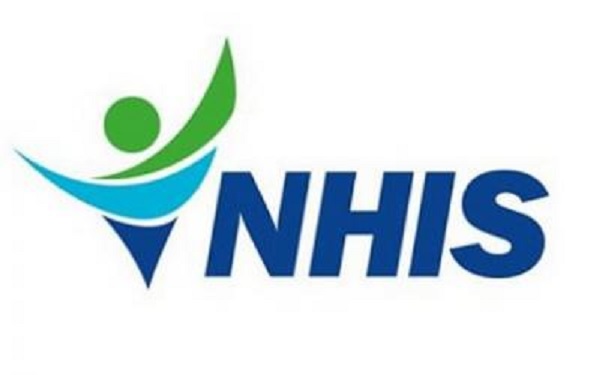
Working to make NHIS more reliable, functional
This year is an election year, and as always, so many issues will come up for national discussions. We envisage that one of the key issues during electioneering will be on health and more specifically on the National Health Insurance Scheme (NHIS).
A couple of weeks ago, the National Health Insurance Authority (NHIA) announced that it had been able to get over five million subscribers to renew their membership within a year through its Mobile Renewal Service (MRS).
We note that the NHIS was established as a pro-poor policy to provide equitable access and financial coverage for basic healthcare services for residents of Ghana, with the aim of achieving universal health coverage (UHC).
The NHIA, therefore, deserves a pat on the shoulder for such an initiative that will invariably contribute to the overall growth and development of the Ghanaian economy, since a healthy nation is a wealthy nation.
When the Vice-President, Dr Mahamudu Bawumia, also launched the NHIS MRS on December 19, 2018, in line with the government’s digitisation drive, it was envisioned to make the NHIS more accessible to subscribers and improve upon its financial management.
And this is exactly what it has been able to achieve, marking a turning point in the total digitalisation of the system of enrolment of new NHIS clients, renewal of membership, submission, processing and payment of claims to support efforts by the government towards UHC.
We congratulate the government too on spearheading the digitalisation drive and urge other departments and agencies to take advantage of the digitalisation policy under the current political dispensation to apply technology to improve their work and service delivery.
The impact of the MRS has been huge. It has saved the people time and resources and helped do away with the long queues at NHIS district offices, which has freed the staff to have more time to attend to vulnerable members, such as pregnant women and the indigent.
The E-receipts have also streamlined operations and made them more efficient, while the Simplified Offline Verification allows NHIS provider facilities to verify membership validity using mobile technology.
We reason that these together have the potential to reduce the chances of false claims that have cost the scheme millions of cedis that have gone to corrupt officials.
In spite of these achievements and the potential breakthrough with efficiency, the Daily Graphic cautions the NHIA that the challenges are not yet over, as there are always people lurking around to take advantage of the least loophole in a system to carry out their diabolic acts.
We thus advise the NHIA to put in place mechanisms that will prevent cyber fraudsters from carrying out their nefarious and nation-wrecking activities.
The Authority should also take a critical look at the reimbursement regime and ensure that delayed payments to health facilities become a thing of the past.
We recall the threat by private healthcare providers in the Upper East Region last year to gradually withdraw their services if the authority did not pay them some of their claims, and we think the NHIA will do the nation’s health delivery a lot of good if it determines to deal with this serious threat to the sustenance of the scheme.
But the figures so far bring current national coverage to 42 per cent and this is really encouraging, as, globally, 2030 is the set target for achieving 100 per cent UHC.
With the current pace, we envisage that the country is well set on its journey towards attaining UHC.
While the electoral campaign will be on, the Daily Graphic will like to add its voice to an appeal to our political players to depoliticise issues of health, and for that matter, the NHIS.
Rather, they must build political momentum around a shared vision of instituting a satisfactory and well-coordinated resource allocation to the NHIS for the benefit of the entire country.
